Zinc is a very important mineral for your body, but, as opposed to others like iron and magnesium, it’s often overlooked when it comes to your diet. So if you find out you have a zinc deficiency, here is how you can work on improving your meal plan.
This mineral is actually vital for your body because it has its “hand” in supporting a large number of processes. It supports enzymes in your body, strengthens your immune system, helps with healing your wounds, DNA synthesis, and takes care of the normal growth and development during pregnancy, childhood, and adolescence. Zinc can be used to treat acute colds and macular eye degeneration.
Zinc’s function can be impaired by birth control pills, antibiotics, and some antacids, available over the counter. So these are some of the causes of zinc deficiency. Your body does not store zinc, so you have to consume a little bit every day.
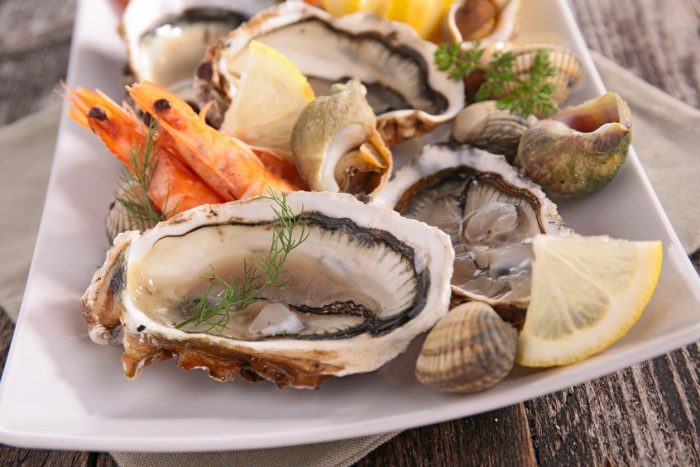
What happens when you have a zinc deficiency?
You might have thyroid abnormality, acne, infertility especially in men, a weaker immune system, hair thinning, rashes, loss of appetite, weight loss, growth impairment, slower wound healing, and even depression. Zinc deficiency can even affect your libido because it’s has a role in the production of testosterone.
On the other hand, too much zinc in your system can also spell trouble. It can cause toxicity, but also disrupt copper and iron storage. It can lead to gastrointestinal problems, confusion, and rashes, but according to some studies, it can also lead to prostate cancer.
Although you can take oral zinc supplements, in some cases it can have side effects like nausea, vomiting, diarrhea, headaches, lethargy, and a bad taste in your mouth. So before you do that, make sure you really need more zinc in your diet, by visiting your doctor.
The daily recommended value for women is about 8 milligrams, while for men it’s about 11 milligrams per day. Vegetarians need to double the recommended daily value because the body absorbs less zinc from plant-based foods than meat.
6 premium food sources of zinc
1. Shellfish
Shellfish are pretty rich in zinc. Especially oysters, which have about 74 milligrams of zinc per each 3-ounce serving. They also offer a dose of protein and omega-3 fatty acids, which help keep your heart healthier. They’re also rich in iron, a mineral needed to transport oxygen throughout the body.
Alaskan crab has about 6.5 milligrams of zinc per serving (one serving equals about 3 ounces of crab). Lobsters have about 3.4 milligrams of zinc for a cooked 3-ounce serving.
2. Beef
One serving of braised beef has 7 milligrams of zinc per 3-ounce serving. While a 3-ounce beef patty contains about 5.3 ounces. But don’t overdo it with the beef. Have one serving per week, because red meat isn’t the best for your health. Even though it’s loaded with protein and B12, the vitamin which keeps your nerve and blood cells healthy.
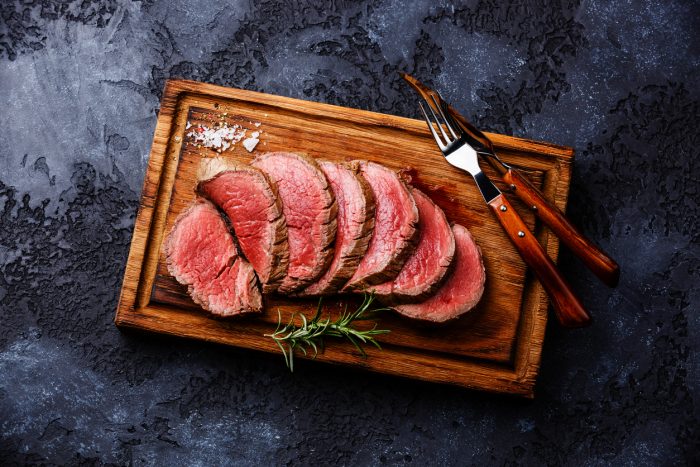
3. Fortified breakfast cereal
The cereal has about 3.8 milligrams of zinc in 3/4 of a cup and it’s fortified with about 25 percent of the daily recommended value. In order to make the meal more complete, look for a brand which also has some vitamin D and iron. Eat the cereal with a cup of milk, in order to have 1 extra milligram.
4. Dairy
If you’re not lactose intolerant, dairy products are a good resource for your zinc deficiency. 8 ounces of low-fat yogurt have 1.7 milligrams of zinc. 1 ounce of cheese has about 1.2 milligrams. Low fat or non-fat milk has about 1 milligram of zinc.
5. Nuts and seeds
Cashews, pumpkin seeds, and almonds are rich in zinc and you can use them as snacks during the day. Pumpkin seeds are the richest in zinc, but in general, these foods range from 1 to 2 milligrams of zinc per serving. They’re also filled with omega-3 fatty acids, protein, and magnesium.
6. Chickpeas
1/2 cup of cooked chickpeas contains about 1.3 milligrams of zinc. They also have resistant starch, fiber, protein, and the healthy kind of fats. They can improve your blood sugar levels and lower your cholesterol levels.
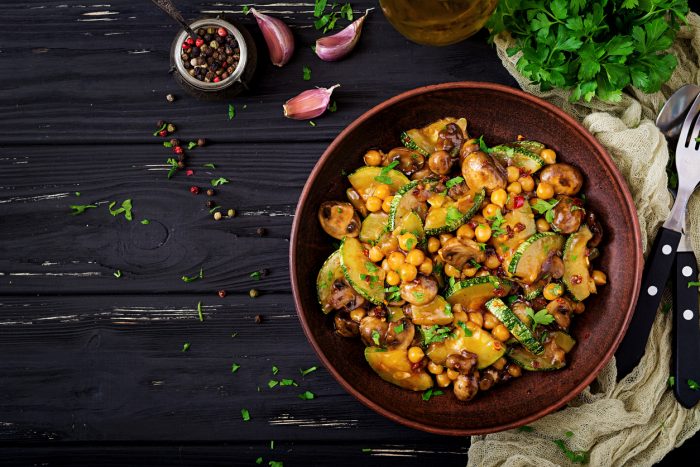
Chickpeas are great for those moments when you’re craving a salty snack. Here is one of our favs:

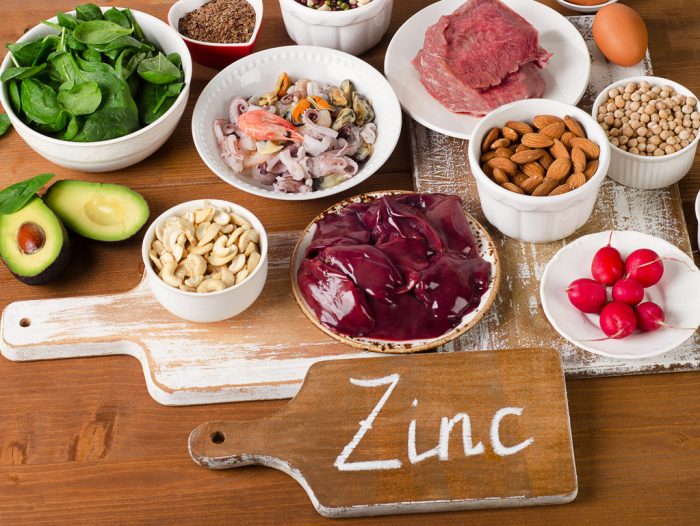

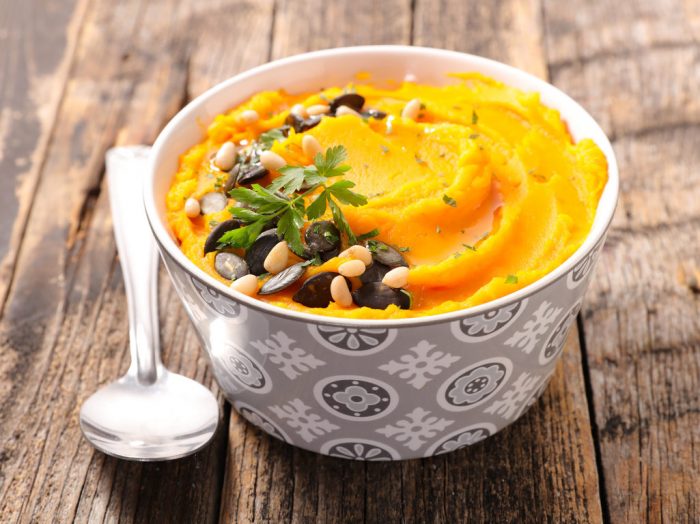
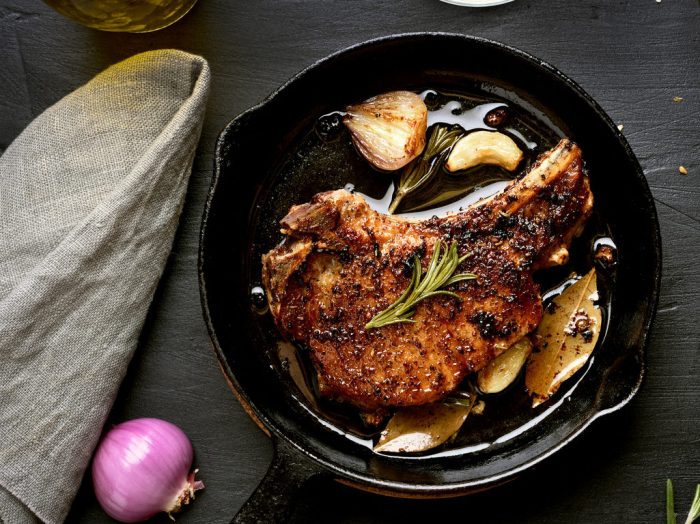
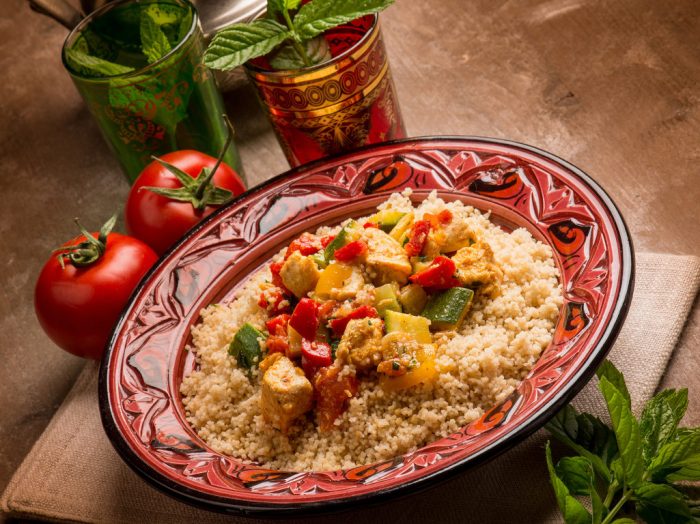
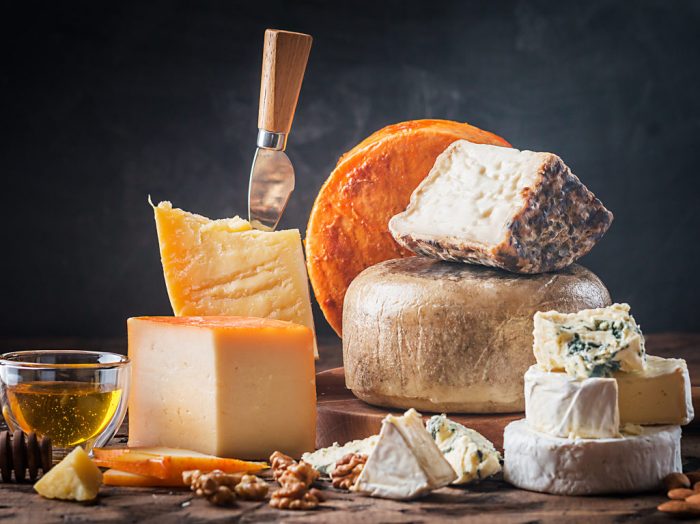
This a Great post! Keep posting such kind of info.